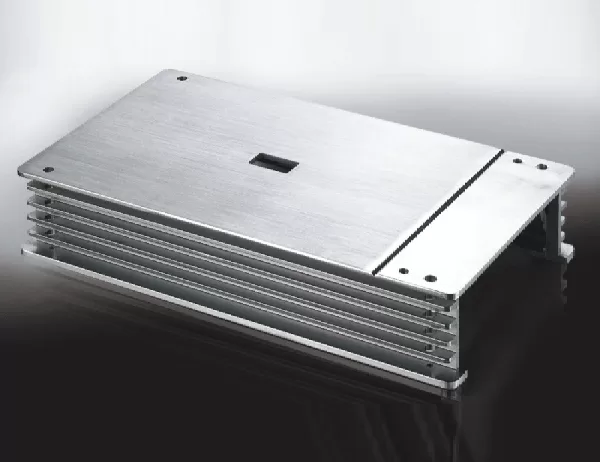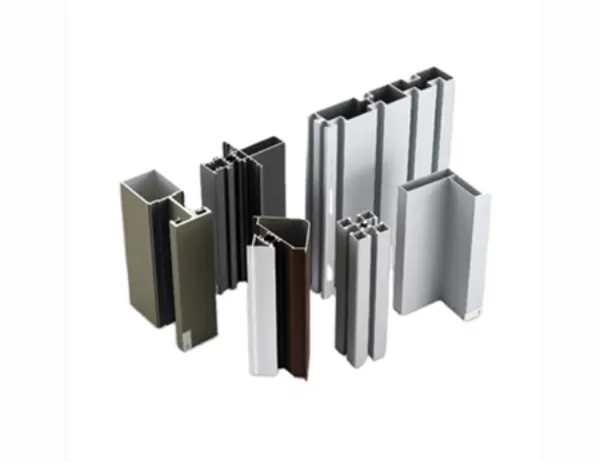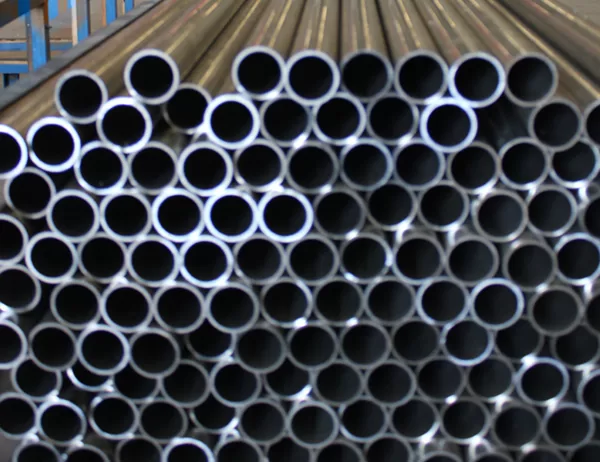Exploring Aerospace Applications of Industrial Aluminum Profiles: A Frontier of Innovation
Introduction
Industrial aluminum profiles are versatile and durable materials that have captured the attention of various industries, including the rapidly evolving aerospace sector. This article provides a comprehensive exploration of the applications of industrial aluminum profiles in aerospace, examining their advantages, limitations, and the innovative possibilities they offer.
Aerospace-Grade Aluminum Alloys
Aerospace applications demand exceptional materials that can withstand extreme environmental conditions. Industrial aluminum profiles are typically crafted from high-strength, corrosion-resistant aluminum alloys, such as 6061-T6 and 7075-T6. These alloys offer the optimal balance of strength, weight, and durability, meeting the rigorous standards of the aerospace industry.
Structural Components
Industrial aluminum profiles are widely used as structural components for aircraft and spacecraft. Their lightweight nature, coupled with their high strength-to-weight ratio, makes them ideal for airframes, wings, and fuselage panels. Aluminum profiles provide excellent rigidity and resistance to bending, allowing for efficient weight distribution and aerodynamic efficiency.
Fluid Systems
Industrial aluminum profiles are also employed in fluid systems within aerospace applications. The inert nature of aluminum makes it suitable for plumbing and piping applications, where it can safely transport fluids such as hydraulic oil, fuel, and coolant. Aluminum profiles offer excellent resistance to corrosion and erosion, ensuring the reliable and efficient flow of fluids in critical aerospace systems.
Electrical Systems
The electrical conductivity of industrial aluminum profiles makes them suitable for use in electrical systems. They are commonly utilized as bus bars, cable trays, and enclosures for electronic components. Aluminum’s ability to dissipate heat effectively prevents overheating and ensures the proper functioning of electrical systems in demanding aerospace environments.
Thermal Management
Industrial aluminum profiles play a crucial role in thermal management systems in aerospace applications. Their high thermal conductivity enables efficient heat dissipation, which is essential for controlling temperatures in sensitive electronic components, power systems, and propulsion systems. Aluminum profiles also contribute to the overall thermal stability of aircraft and spacecraft.
Conclusion
Industrial aluminum profiles have revolutionized the aerospace industry due to their exceptional properties and versatility. From structural components to fluid systems, electrical systems, and thermal management, aluminum profiles provide lightweight, durable, and reliable solutions for various aerospace applications. As the demand for advanced materials in aerospace continues to grow, industrial aluminum profiles are poised to remain at the forefront of innovation, enabling the development of next-generation aircraft and spacecraft.




